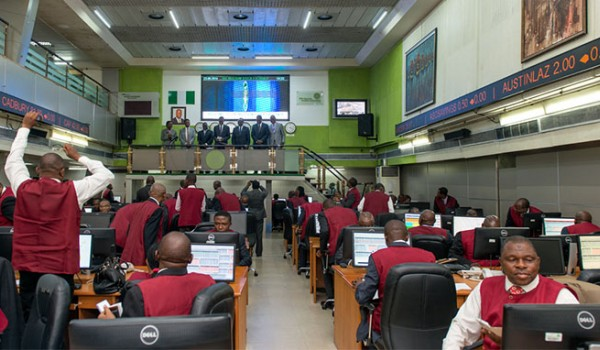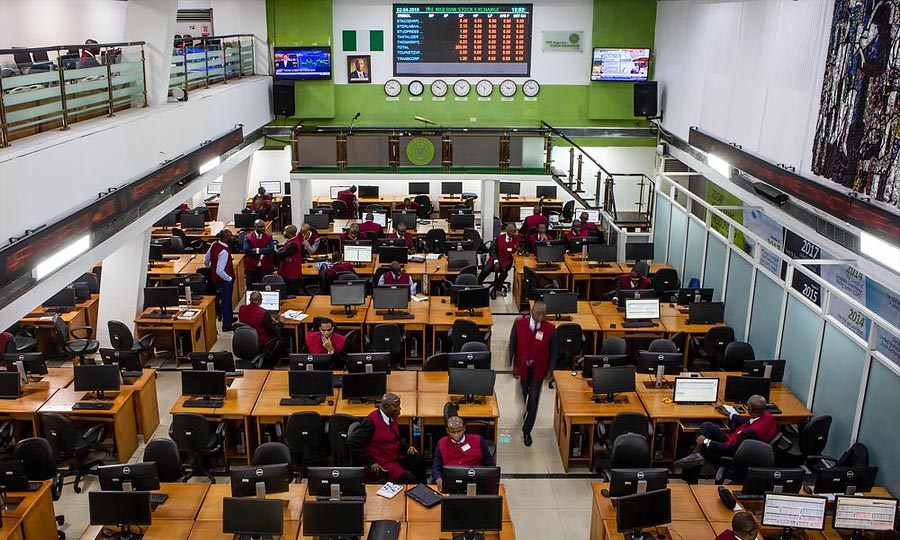•Reveals position enough to withstand external shocks
•$500m W’Bank Loan: LCCI advises FG to focus on addressing poor power supply, high energy cost
•Says loan will provide short-term stimulus with unsavory long-term macroeconomic implications
James Emejo in Abuja and Dike Onwuamaeze in Lagos
The Central Bank of Nigeria (CBN), yesterday reported a marked improvement in its net foreign exchange reserve (NFER), which stood at $23.11 billion in 2024.
This was revealed same day the Lagos Chamber of Commerce and Industry (LCCI) advised the federal government to focus on addressing Nigeria’s perennial problem of poor power supply and high cost of energy.
According to a statement from the central bank that revealed the NFER, the figure was the highest level of FX accretion in three years, compared to $3.99 billion in 2023, $8.19 billion in 2022, and $14.59 billion in 2021.
The accretion reflected a remarkable improvement in the country’s external liquidity, reduced short-term obligations, and renewed investor confidence.
Gross external reserves also increased to $40.19 billion, compared to $33.22 billion in 2023.
Commenting on the results, CBN Governor, Mr. Olayemi Cardoso, declared that the improvement in net reserves was not accidental but, “outcome of deliberate policy choices aimed at rebuilding confidence, reducing vulnerabilities, and laying the foundation for long-term stability.”
He said, “We remain focused on sustaining this progress through transparency, discipline, and market-driven reforms.”
NFER, which adjusts gross reserves to account for near-term liabilities such as FX swaps and forward contracts, is widely regarded as a more accurate indicator of the foreign exchange buffers available to meet immediate external obligations.
The increase in reserves reflects a combination of strategic measures undertaken by the CBN, including a deliberate and substantial reduction in short-term foreign exchange liabilities – notably swaps and forward obligations, the apex bank stated.
The strengthening was also spurred by policy actions to rebuild confidence in the FX market and increase reserve buffers, along with recent improved foreign exchange inflows – particularly from non-oil sources.
The outcome further reflected a stronger and more transparent reserve position that better equips the country to withstand external shocks.
The expansion occurred even as the CBN continues to reduce short-term liabilities, thereby improving the overall quality of the reserve position.
However, reserves have continued to strengthen in 2025.
While the first quarter figures reflected some seasonal and transitional adjustments, including significant interest payments on foreign-denominated debt, underlying fundamentals remained intact.
The central bank added that reserves are expected to continue improving over the second quarter of the year.
The bank further anticipated a steady uptick in reserves, underpinned by improved oil production levels, and a more supporting export growth environment expected to boost non-oil FX earnings and diversify external inflows.
The CBN also reaffirmed its commitment to prudent reserve management, transparent reporting, and macroeconomic policies that support a stable exchange rate, attract investment, and build long-term resilience.
Meanwhile, the LCCI has advised the federal government to focus on addressing Nigeria’s perennial problem of poor power supply and high cost of energy.
This, the Chamber noted, would help create an enabling business environment where small businesses could thrive rather than majoring on providing short-term cash disbursement to small enterprises and vulnerable population.
The LCCI expressed these views yesterday in a statement titled, “Balancing Relief and Responsibility: The $500 million World Bank Loan and Nigeria’s Economic Future,” in which it raised concern that the recently approved $500 million World Bank’s loan for Nigeria might exasperate the country’s rising debt burden and expose Nigeria to fiscal vulnerabilities, weaker investors’ confidence and limited government’s ability to execute long-term economic reforms.
The chamber noted that although this intervention was aimed at supporting poor and vulnerable households and firms, it was imperative to state that its broader implications on businesses and the economy posed a concern to the business community.
The Director General of LCCI, Dr. Chinyere Almona, stated that: “The LCCI stands on the point that a more impactful stimulus for economic growth is that the government solves the perennial problem of poor power supply and high cost of energy and creates an enabling business environment where small businesses can thrive, creating jobs and generating revenues for the government.
“While the World Bank loan offers immediate relief, long-term economic resilience can only be achieved through a comprehensive strategy that fosters economic diversification, enhances productivity, and strengthens institutional frameworks for effective governance.”
Almona argued that from a business perspective, while targeted stimulus programs could offer temporary relief, structural economic challenges such as inadequate infrastructure, multiple taxations, and foreign exchange volatility still remained unaddressed.
She added that, “businesses require a stable operating environment, and while social welfare programs are essential, they must be complemented by policies that foster productivity, investment, and job creation.
“There is also concern about the efficiency of fund allocation and utilisation; given that only 16 per cent of previously approved World Bank’s loans under the current administration have been disbursed.
“This raises questions about the absorptive capacity of relevant institutions and the risk of funds being underutilised or mismanaged.”
The LCCI noted that the loan’s direct impact on small businesses and vulnerable populations, through grants and livelihood support, presents a potential short-term stimulus that could enhance food security and community resilience, mitigating the effects of economic hardship at the grassroots level.
It, however, warned the government to consider carefully the broader macroeconomic effects of seeking external borrowing to provide short-tern economic stimulus in the face of Nigeria’s rising debt burden, particularly given the slow pace of disbursement and implementation of previously approved loans.
“With the World Bank’s share of Nigeria’s external debt reaching $17.32 billion, the question of debt sustainability becomes increasingly pressing.
“If not efficiently managed, additional borrowing could exacerbate fiscal vulnerabilities, weaken investor confidence, and limit the government’s ability to execute long-term economic reforms,” the chamber said.
Nevertheless, the LCCI recommended the following strategic approaches to the government to maximise the benefits of this loan while mitigating its associated risks.
It stated: “There must be a transparent and efficient disbursement mechanism that ensures funds reach the intended beneficiaries, particularly small businesses and vulnerable communities.
“A robust monitoring and evaluation framework should be established to track the impact of these funds and prevent misallocation.
“The government should adopt a prudent debt management strategy that prioritises concessional financing and ensures that borrowed funds are tied to projects with clear economic returns.”
It also recommended the strengthening of domestic revenue generation through tax reforms and expanding the productive base of the economy in order to reduce reliance on external borrowing.
“Beyond short-term palliatives, the government must implement structural reforms that create a conducive business environment. Policies should focus on improving infrastructure, ensuring policy consistency, and addressing foreign exchange challenges to support private sector growth and attract investment,” LCCI added.





